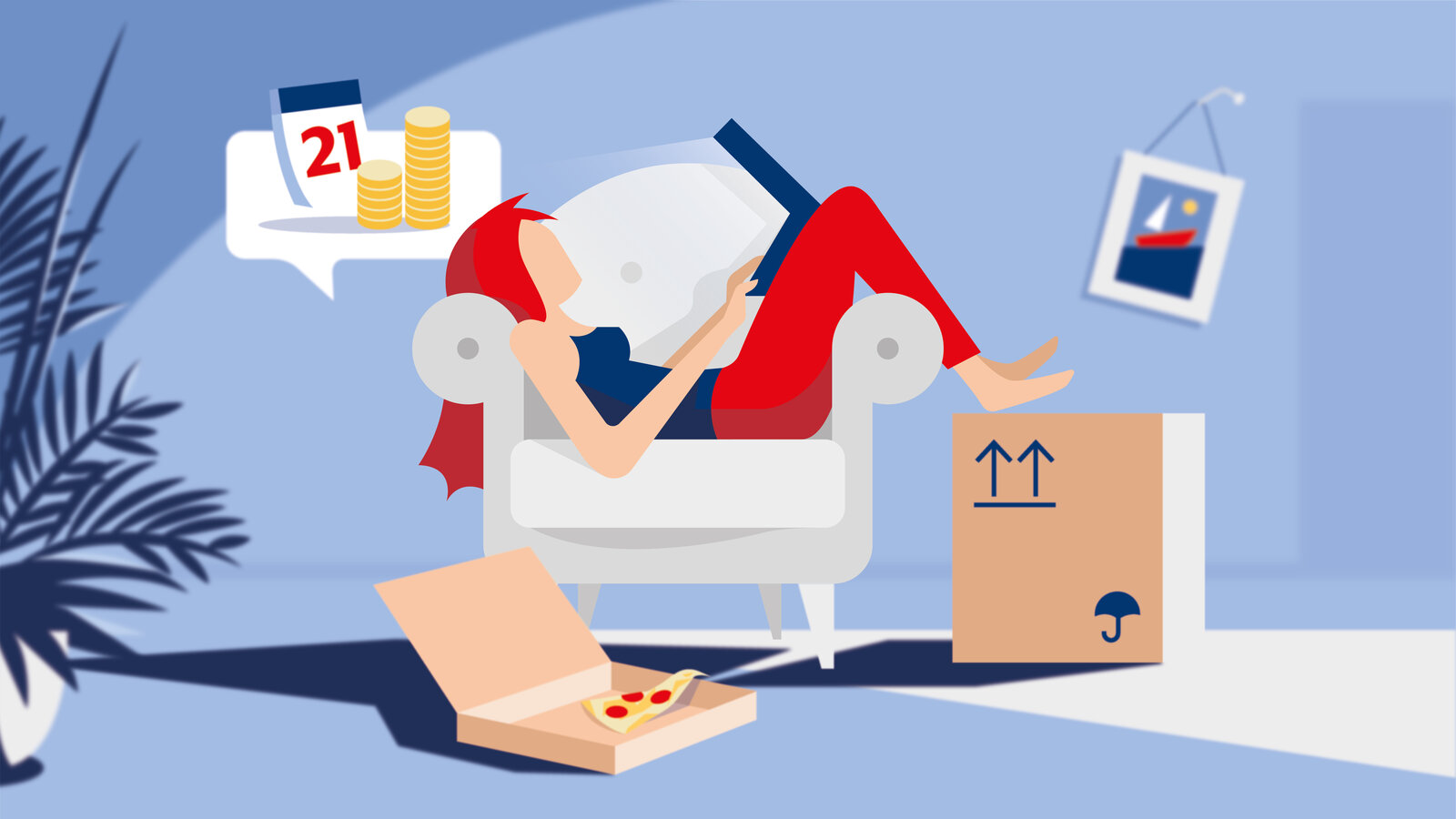The long-awaited Google Pay is here!
Sophie and Marc are always squabbling about the same thing. While Marc is a big fan of Apple products, Sophie goes out of her way to use devices made by…

Regardless of whether you rent or buy, pay attention to the energy rating: most new buildings have an energy performance certificate and are classified in categories A to C, which is very good. Most average properties, however, are in categories D to G, which means that they have higher energy consumption. When renting, check whether the doors and windows are airtight and follow simple rules to keep your living costs down:
Water and electricity consumption are also important factors. As you already know: turn off the lights when you leave a room and turn the tap off when you clean your teeth...
A croissant in the morning, a sandwich for lunch, a takeaway coffee and a pizza delivered in the evening: food costs soon mount up! If you learn to cook a few simple recipes, stock up on supplies and write a shopping list for the week, you won’t buy too much and you'll end up eating better and for less.
Although damage from floods, forces of nature and fire, for example, doesn't happen that often, when it does, it's really expensive! With home insurance, you're already covered for a whole range of different types of household damage, and you have peace of mind should the worst happen, too.
The best way to do this is to build up small safety nets so you don't find yourself strapped for cash when the next major job needs doing.
Some tips:

Save money regularly by setting up a monthly standing order, for example, so you no longer even have to think about it.
Don't want to rent forever? When buying or building a home, the government can help you with a government guarantee. To be eligible, you must fulfill the following conditions:
Subscribing a building loan agreement will enable you to save money and get an attractive interest rate on the loan and a government guarantee later on.
The building loan agreement is also tax-deductible.